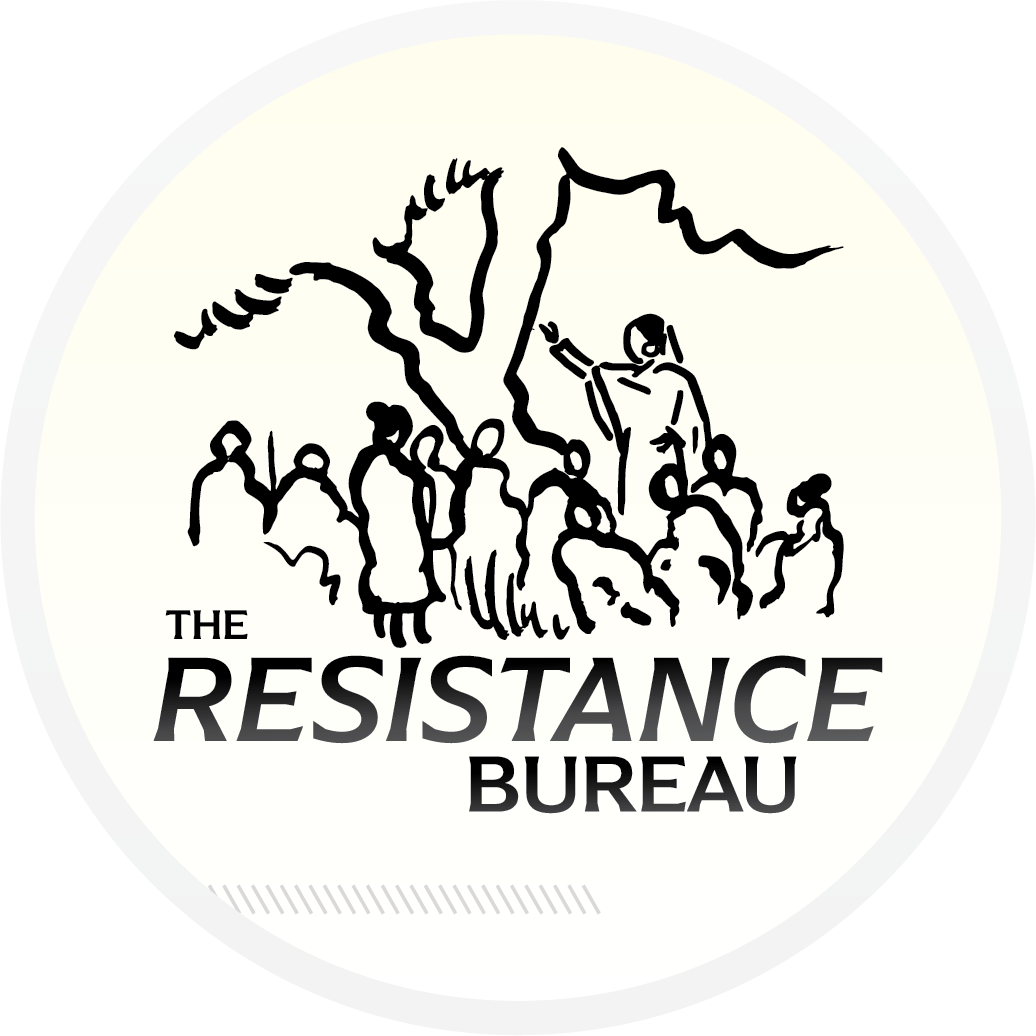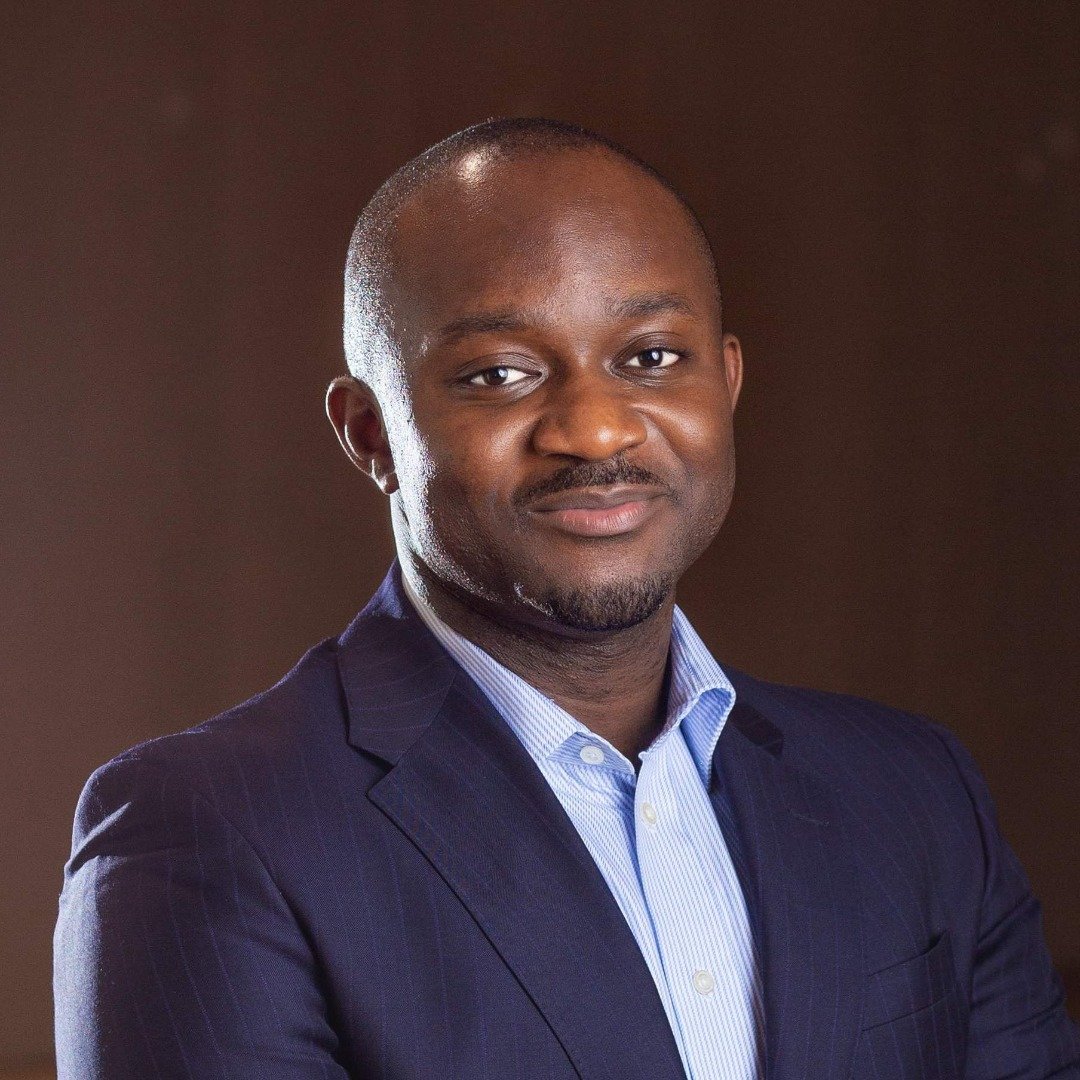Nigerian Elections [Twitter Space]
Saturday, 25 February 2023
12pm Washington D.C.
5pm London
6pm Lagos / Kinshasa / Paris
7pm Cape Town / Cairo
8pm NairobiThe presidential election in Nigeria – taking place on February 25 – is as unpredictable as it is intriguing. For starters, it will mark the biggest election in African history with almost 100 million voters registered to participate. Whomever emerges victorious, the country will have a new president after Muhammadu Buhari stands down, having already served two terms. But does that mean that citizens will get the change that many are demanding? Amid security and economic concerns, the legitimacy of government is under growing threat, prompting a vibrant debate about whether Nigeria is a failing state – or has failed already.
The potential for the election to kickstart a process of genuine transformation largely hinges on two elements: 1) who wins and 2) and whether or not they can deliver once in office.
The two main political parties, the APC led by Bola Tinubu and the PDP led by Atiku Abubakar, face a major new challenger in the form of a ‘third force:’ Peter Obi. Obi is standing on a Labour Party platform, exciting younger and reform-minded Nigerians by promising to break with Nigeria’s patronage politics and deliver on long-overdue security sector reforms. But there are real questions about whether he can translate his inherent popularity – according to many opinion polls – into votes in the absence of the kind of political machines that both Tinubu and Abubakar have at their disposals.
Given the popularity of all three major candidates, the election is a true toss-up. And an unprecedented second-round runoff is a strong possibility.
The immediate to-do list for whomever ultimately wins the election is tall and daunting: reforming the security forces, creating jobs for young people, ending human rights abuses, and breathing new life into the social contract. Powerful interests who benefit from the status quo will surely seek to block reform and the economic outlook is also extremely challenging.
Taking place on Election Day in Nigeria, this Twitter Space will convene some of the country’s leading analysts to discuss the election, the key issues at stake, and how Nigeria can move forward towards the sort of prosperity many citizens are yearning for.
Meet our speakers
Idayat Hassan
Idayat Hassan is one of the leading lights of West African civil society, speaking out often against corruption and the abuse of power. Currently, she is the director of the Centre for Democracy and Development (CDD) in Nigeria and serves on the advisory council of The Resistance Bureau. As both an academic and activist, Idayat is leading the way in understanding authoritarianism, the growing influences of China and Russia, and the threats they pose to elections and democracy in Africa.
Dapo Olorunyomi
Dapo Olorunyomi is a multi-award-winning journalist and the publisher of Nigeria’s leading investigative news platform, The Premium Times, which was awarded a joint Pulitzer Prize in 2016. He is a board member of the International Consortium of Investigative Journalists and is globally regarded as a champion of press freedom and media integrity.
Juliet 'Kego Ume-Onyido
Juliet 'Kego Ume-Onyido is a published author, inspirational speaker, and social justice advocate who is among Nigeria's most well-regarded experts on leadership development. She is also the co-founder of Whole WoMan Network, a project that builds cooperation between women and youth leaders in the Global North and South to enhance human rights and dismantle systemic inequalities.
Samson Itodo
Samson Itodo is a community organizer and human rights activist who has expertly driven changes in government policy on a range of issues in Nigeria, including constitutional governance, elections, civic engagement, and public accountability. The executive director of Yiaga Africa, Samson is also the convener of the ‘Not Too Young to Run’ movement, which ultimately led to a reduction in the age limit for those seeking political office in Nigeria.
Hafsatu Shinkafi
Hafsatu Shinkafi is a dynamic leader who has accumulated a wealth of experience in the worlds of nonprofit work, youth development, broadcast media, and entrepreneurship. She is the founder of 'I Am Change,' a Nigerian NGO that focuses on socio-economic development of youth and vulnerable citizens.
Moderation
Mantate Mlotshwa
Mantate Mlotshwa is a passionate advocate for the meaningful contribution of women and youth to democracy and governance processes. The Founder of the creative brand U Motle, she has earned a reputation for speaking her mind and promoting positive messages of liberation and emancipation in Zimbabwe and beyond.
Nic Cheeseman
Nic Cheeseman is the Professor of Democracy and the Director of the Centre for Elections Democracy Accountability and Representation (CEDAR) at the University of Birmingham. As well as the author of Democracy in Africa and How to Rig an Election, he is the editor of Democracy in Africa, a columnist for Africa Today and the Mail&Guardian, a contributing editor to The Continent, and an election junkie.







